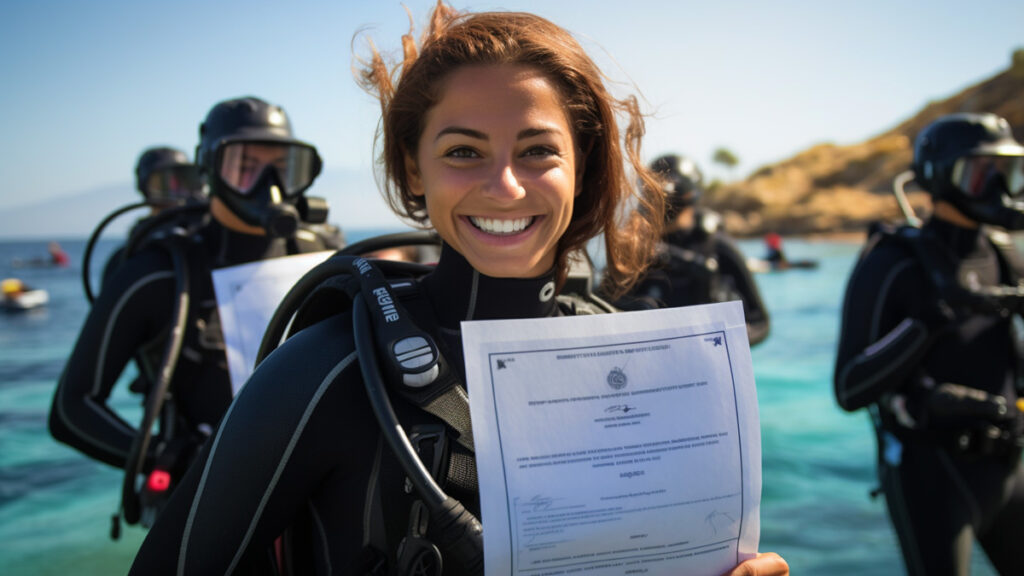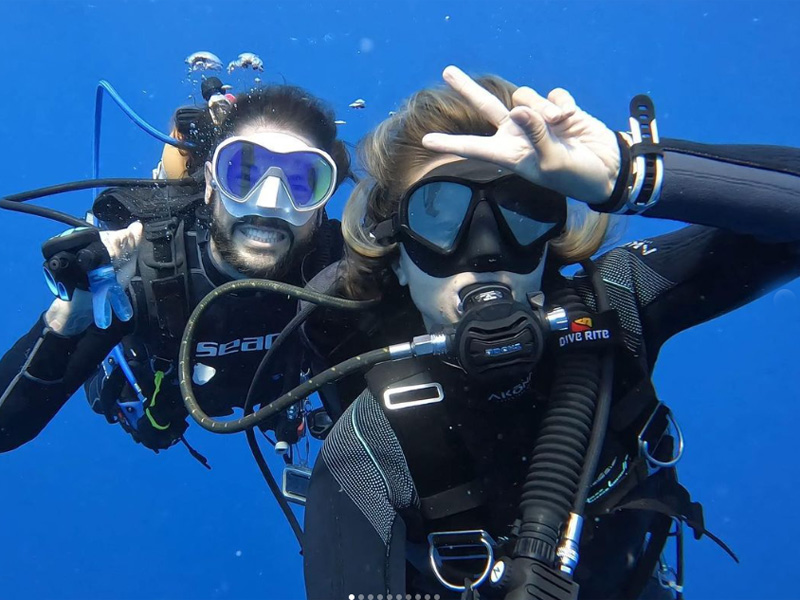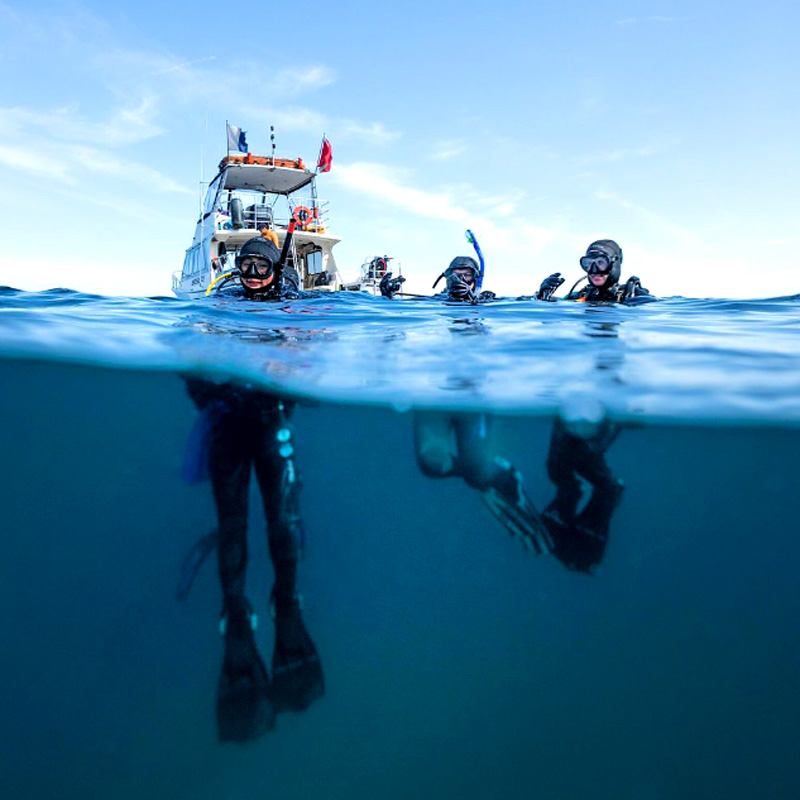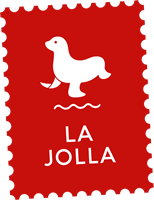How to Get a Scuba Diving License and Certification in San Diego

Underwater shipwrecks, octopus, rockfish, sea kelp forests – you never know what you’re going to find when you go beneath the surface of the waters in San Diego. In fact, we have such a robust aquatic ecosystem and ideal underwater viewing conditions that San Diego has become famous for some of the best scuba diving on the planet. But what if you have a passion for unveiling the great depths, yet you’ve got no clue as to how to get a scuba diving license in San Diego? We’ve got answers. Working with the most reputable scuba diving instructors in the area, we’ve come up with this guide about what it takes to earn a scuba diving certification in San Diego, CA. So, without further delay, here are the steps involved in getting certified, what to expect, and tips for making the most of your diving experience in San Diego.
Table of Contents
- Understanding Scuba Diving License in San Diego
- Choosing the Right Scuba Diving Certification Agency in San Diego
- Steps to Getting Certified to Scuba Dive in San Diego
- Preparing for Your Scuba Diving Course
- Exploring San Diego’s Dive Sites
- Continuing Your Diving Education
- Frequently Asked Questions
- Conclusion
Understanding Scuba Diving License in San Diego
What is Scuba Diving Certification?
Scuba diving certification in San Diego is a must-have credential for anyone wishing to dive on their own and explore the deep blue. With a certification, you learn the necessary skills and knowledge to dive safely. The certification process involves both theoretical learning and practical training under the supervision of a qualified instructor.
Types of Scuba Diving Certifications
From beginner to advanced – there are several types of San Diego scuba diving certifications you can get. The most common certification is the Open Water Diver, which qualifies divers to explore underwater environments up to 60 feet deep. Other certifications include Advanced Open Water Diver, Rescue Diver, and various specialty courses.
Choosing the Right Scuba Diving Certification Agency in San Diego

Popular Certification Agencies
When pursuing a scuba diving license in San Diego, choosing a reputable certification agency is crucial. The most recognized agencies include:
- PADI (Professional Association of Diving Instructors)
- NAUI (National Association of Underwater Instructors)
- SSI (Scuba Schools International)
Each agency has its curriculum and certification process, but all follow international standards for diving safety and training.
Comparing Certification Agencies
While PADI is the most widely recognized and offers a comprehensive range of courses, NAUI emphasizes a more academic approach. SSI, on the other hand, provides flexibility in training schedules and digital learning options. When choosing an agency, consider your learning preferences and schedule.
Steps to Getting Certified to Scuba Dive in San Diego
1. Enroll in a Certification Course
The first step in getting certified is enrolling in a scuba diving certification course with a recognized agency. We’ve worked closely with the experts at Odyssea Diving, and we highly recommend their professional dive team and their certification services. They run the gamut of courses, including Advanced Open Water, Divemaster, Rescue Diver, and more. Whether you go with Odyssea or another instruction service, make sure your diver instructor is certified and abides by the national certification standards. Odyssea also includes everything you need while learning to scuba, so you never have to worry about gear while you’re learning.
2. Complete Theoretical Learning
Theoretical learning covers essential diving principles, including equipment usage, dive planning, and safety protocols. Many agencies offer online learning modules, allowing you to study at your own pace.
3. Practical Training Sessions
Practical training includes confined water dives (usually conducted in a training area such as a pool devoted to lessons). In this controlled environment, you’ll learn basic scuba skills like regulator recovery, buoyancy control, and mask clearing. This training ensures you’re comfortable with the equipment and underwater environment.
4. Open Water Dives
After mastering confined water skills, you’ll participate in open water dives under the supervision of an instructor. These dives take place in real-world conditions, such as local beaches or dive sites, and allow you to apply your skills in a natural setting.
5. Certification
When you successfully complete the theoretical and practical components, you’ll receive your scuba diving certification. Huzzah! This card allows you to rent equipment and dive at locations worldwide.

Preparing for Your Scuba Diving Course
Physical and Medical Requirements
Before enrolling in a scuba diving course, ensure you meet the physical and medical requirements. Most agencies require a medical questionnaire to identify any conditions that may affect your ability to dive safely.
Essential Equipment
While most dive shops and dive course providers like Odyssea provide rental equipment, you might want to invest in personal gear such as a mask, snorkel, and fins once you get some experience under your belt. If you’re not sure, talk to your diving instructor. They will provide recommendations and proper equipment based on your needs and their professional observations.
Study and Practice
Familiarize yourself with the course material and practice basic swimming skills. As with anything, the more you practice, the better you’ll get, so learn the process to build confidence and make your experience more enjoyable.
Exploring San Diego’s Dive Sites
Popular Dive Sites in San Diego
San Diego offers diverse dive sites catering to different skill levels. Notable sites include:
- La Jolla Cove: Known for its abundant marine life and underwater caves, La Jolla scuba diving is phenom.
- Wreck Alley: Features several shipwrecks, ideal for advanced divers.
- Point Loma: Offers kelp forests and vibrant marine ecosystems.
Tips for Safe Diving in San Diego
Always dive with a buddy, adhere to dive plans, and monitor your air supply and depth. Also, please respect marine life. Don’t touch anything, and don’t leave anything behind. Keep our waters pristine by keeping things clean and don’t disturb underwater creatures or habitats.
Continuing Your Diving Education
Advanced Courses and Specialties
After obtaining your Open Water certification, consider pursuing advanced courses and specialties such as night diving, underwater photography, or wreck diving. These courses enhance your skills and expand your diving horizons.
Joining a Dive Community
Joining a local dive club or community can provide valuable support, resources, and opportunities for group dives and trips. Connecting with fellow divers enhances your diving experience and fosters lifelong friendships.

Frequently Asked Questions
Absolutely! San Diego offers some of the best scuba diving spots in California, with sites suitable for divers of all levels. Popular locations include La Jolla Cove, Wreck Alley, and the kelp forests of Point Loma.
The cost of getting scuba certified in San Diego can vary depending on the dive shop and the type of course. On average, getting a scuba diving license in San Diego can cost anywhere from $300 to $600 for an Open Water Diver certification, which typically includes course materials, equipment rental, and instructor fees.
Yes, to scuba dive independently in California, you need to be certified by a recognized scuba diving agency. This certification ensures you have the necessary skills and knowledge to dive safely.
The duration of a scuba certification course can vary, but typically, an Open Water Diver certification takes about three to four days to complete. This includes both theoretical learning and practical training sessions.
When it comes to scuba diving certification in San Diego, the minimum age depends on the certifying agency. For PADI, the minimum age for the Junior Open Water Diver course is 10 years old, while SSI also offers similar junior programs. Full Open Water Diver certification is generally available from age 15 and up.
The difficulty of the scuba certification test varies from person to person. However, with proper preparation and practice, most people find it manageable. The test includes both theoretical exams and practical skills assessments to ensure you understand the necessary concepts and can perform essential scuba skills safely.
Yes, getting scuba certified is worth it for those who love the ocean and want to explore the underwater world. Certification allows you to dive independently, rent equipment, and join guided dives, providing access to incredible underwater experiences and adventures.
Conclusion
Hopefully, we’ve done our due diligence and inspired you to start going after your scuba diving license in San Diego. It’s an incredibly rewarding experience that will last your entire lifetime because the thrill of diving never fades. To be sure, obtaining a scuba diving license and certification in San Diego is a rewarding journey that opens up a world of underwater adventures.

Image credit: The header image in this post is copyright of LaJolla.com




